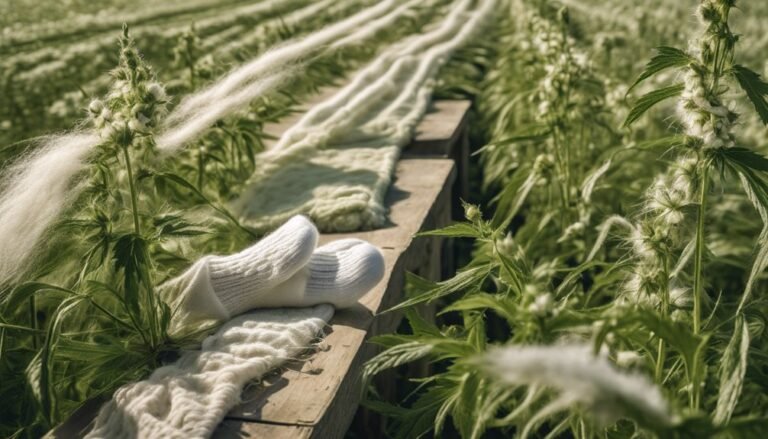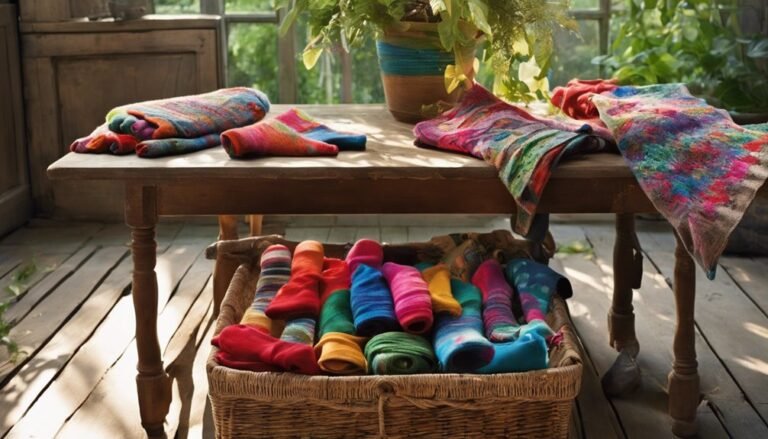Hemp vs. Organic Cotton Socks: Which Is More Eco-Friendly?
When comparing hemp and organic cotton socks, you'll find that hemp is the more eco-friendly choice. It requires less water, fewer chemicals, and supports healthier soil, making it more sustainable overall. Hemp fibers also provide greater durability, extending the lifespan of your socks. While organic cotton is softer, it consumes more resources and takes longer…










